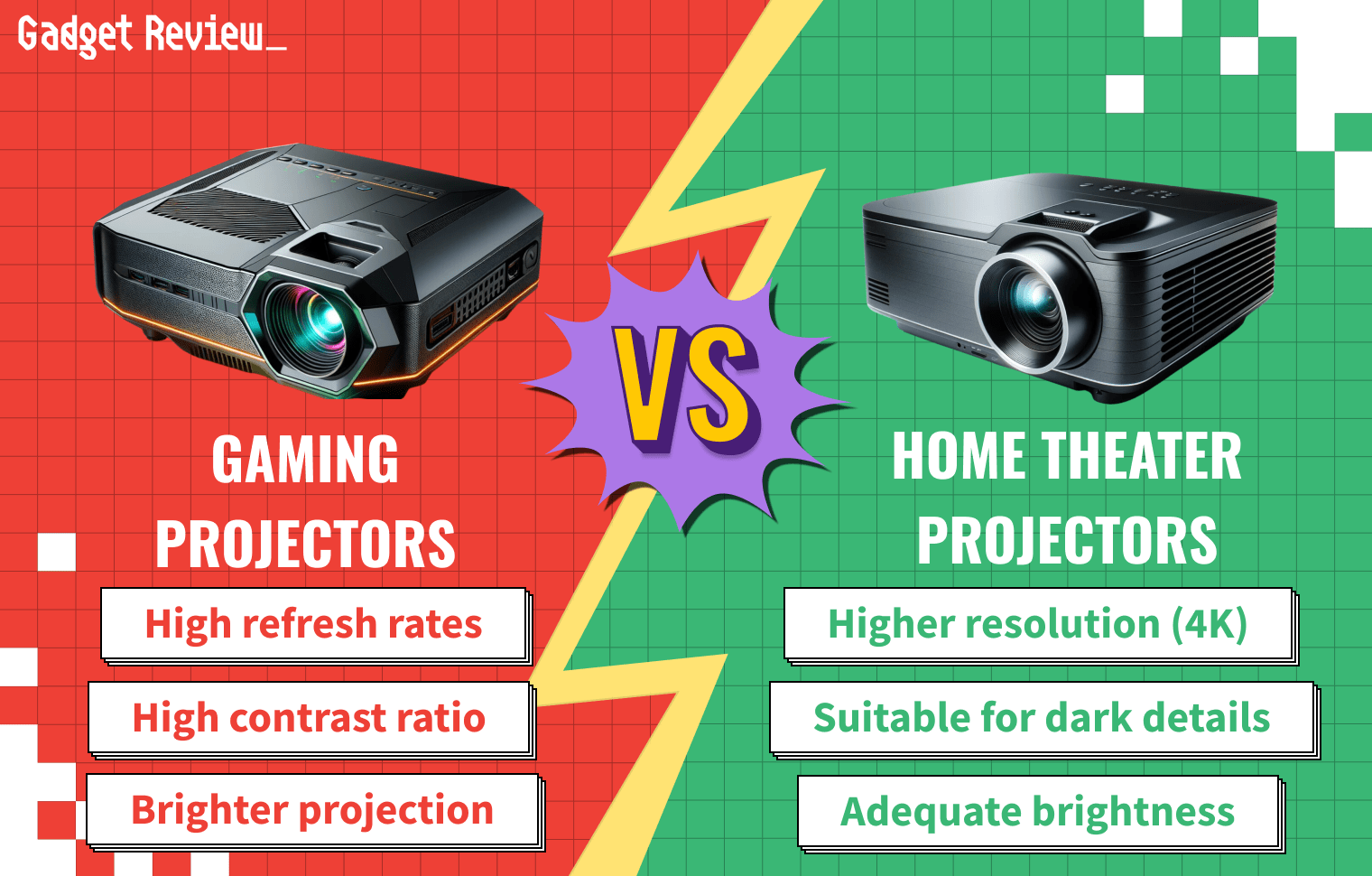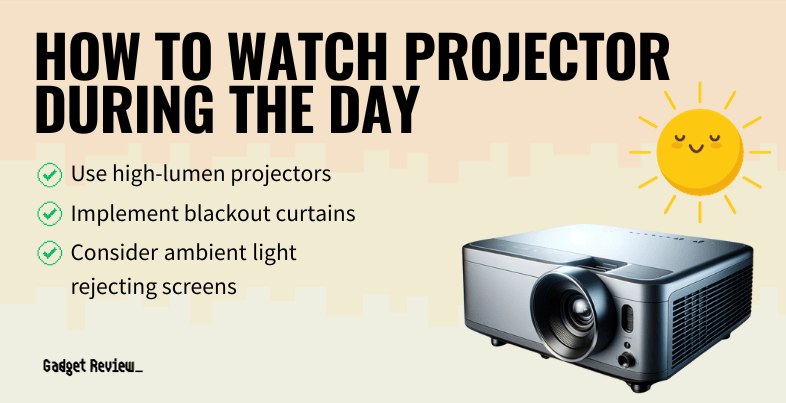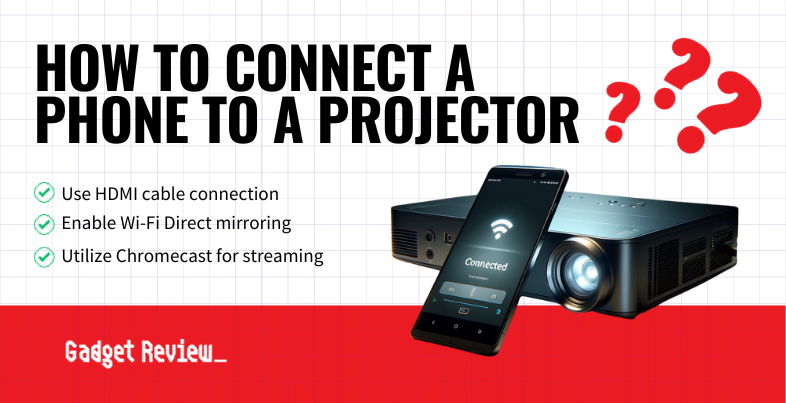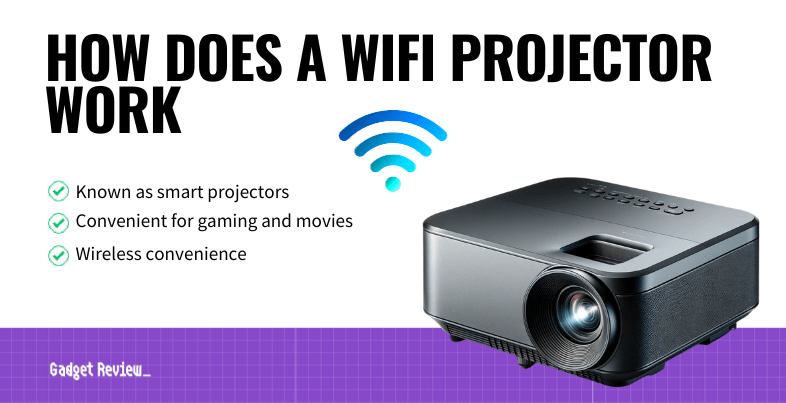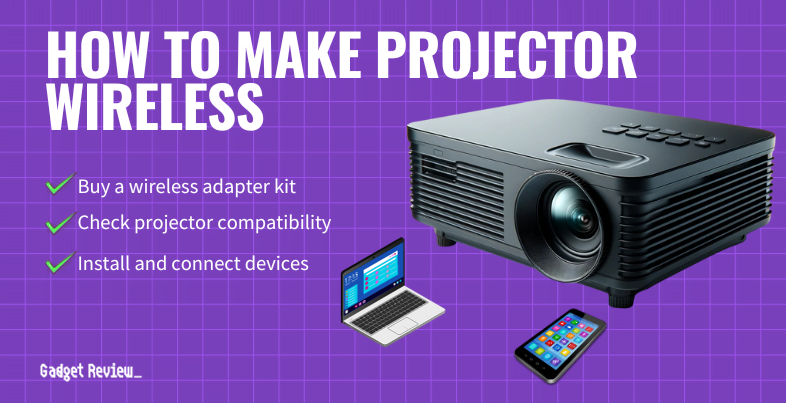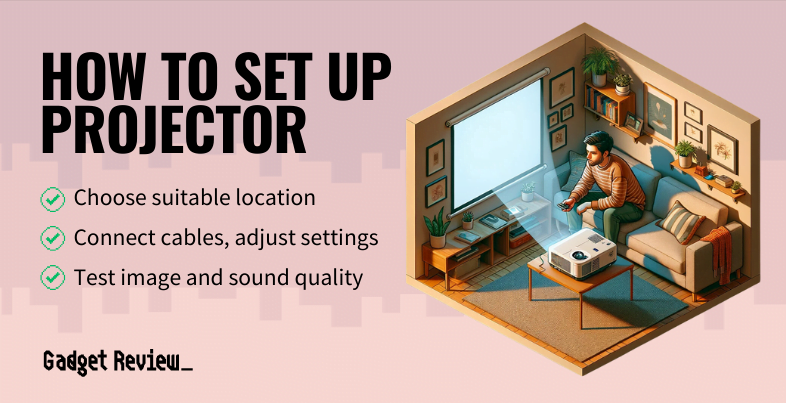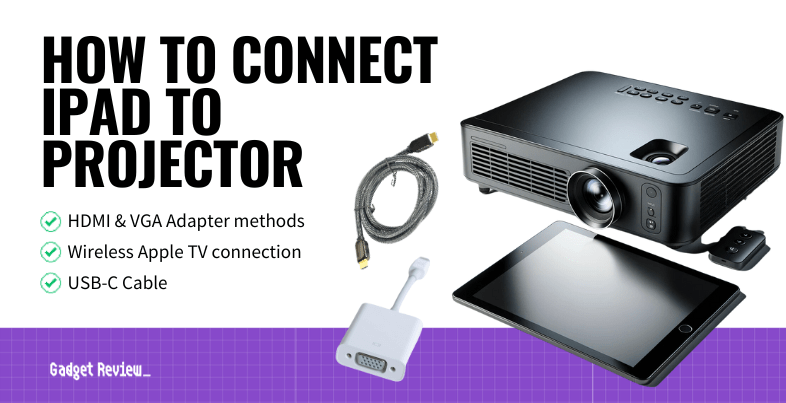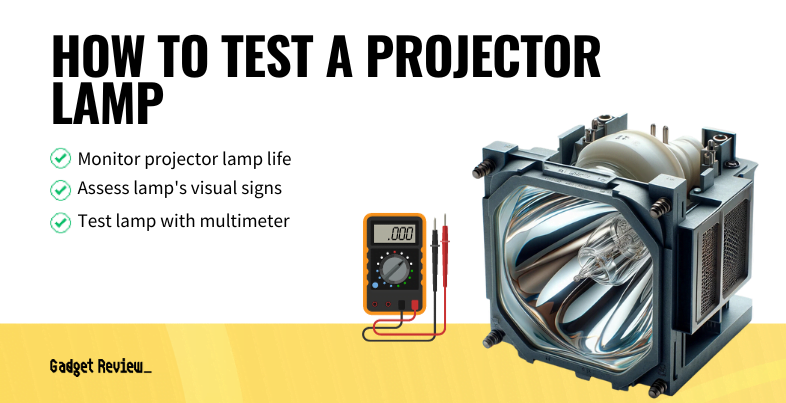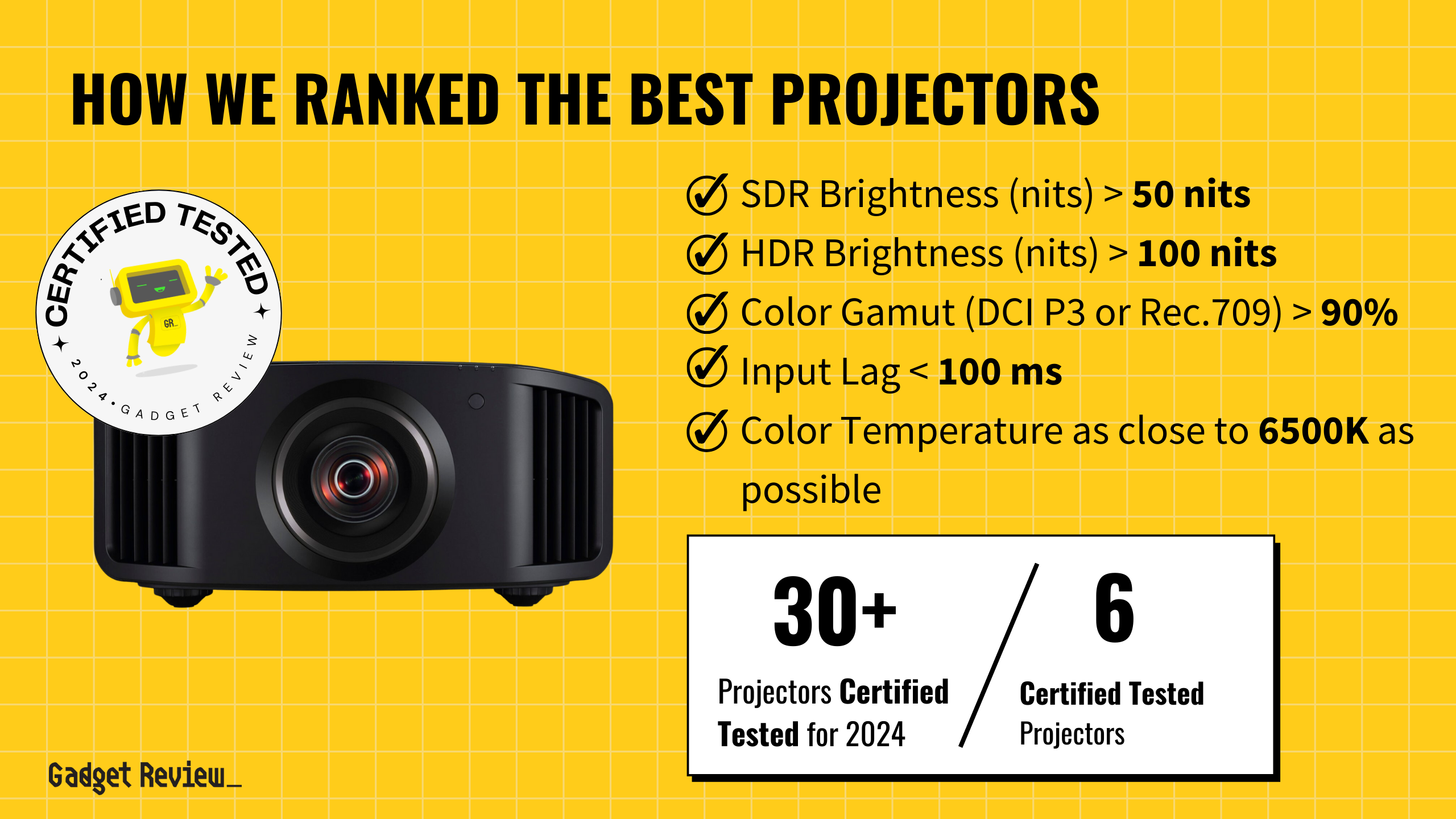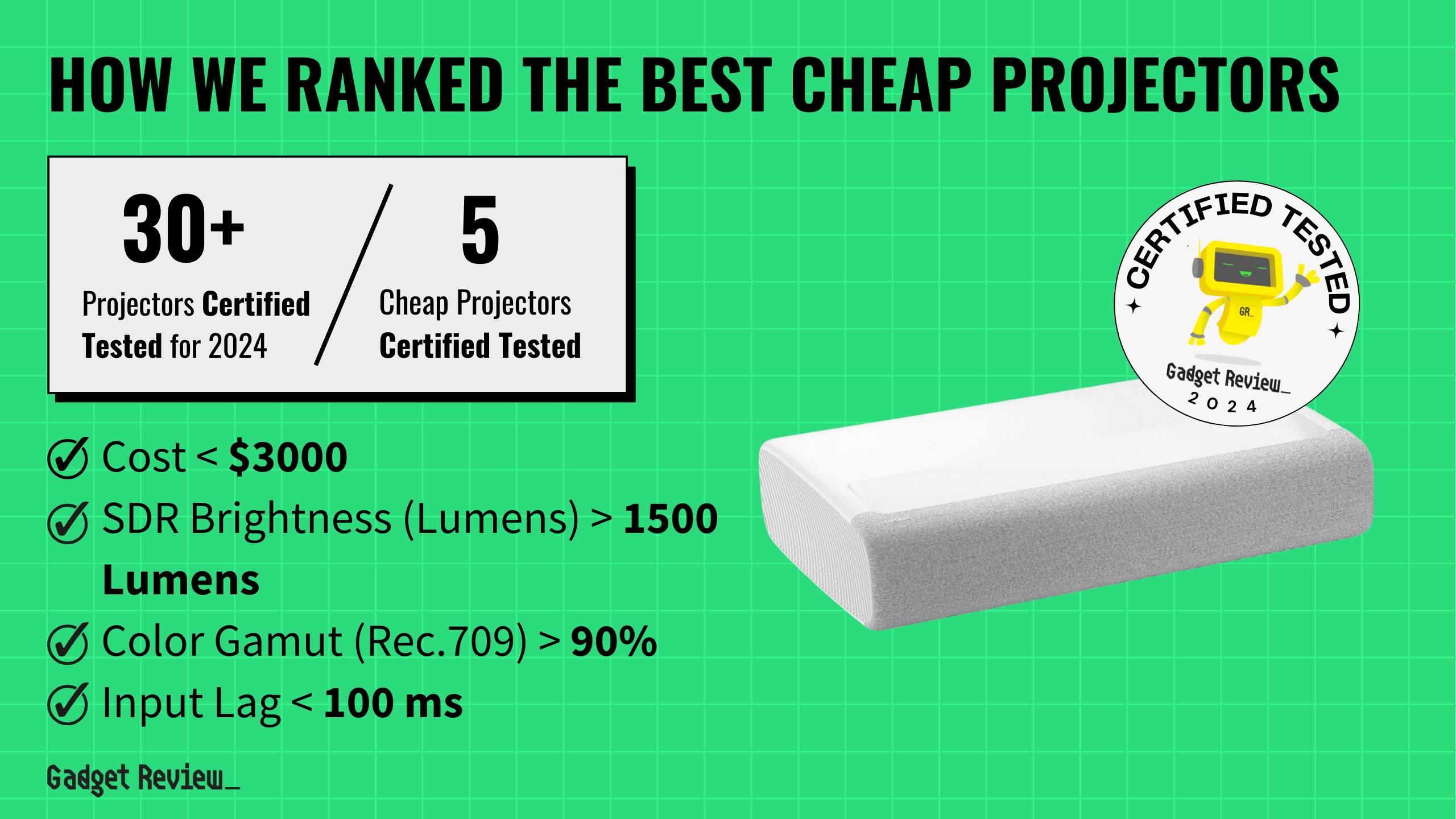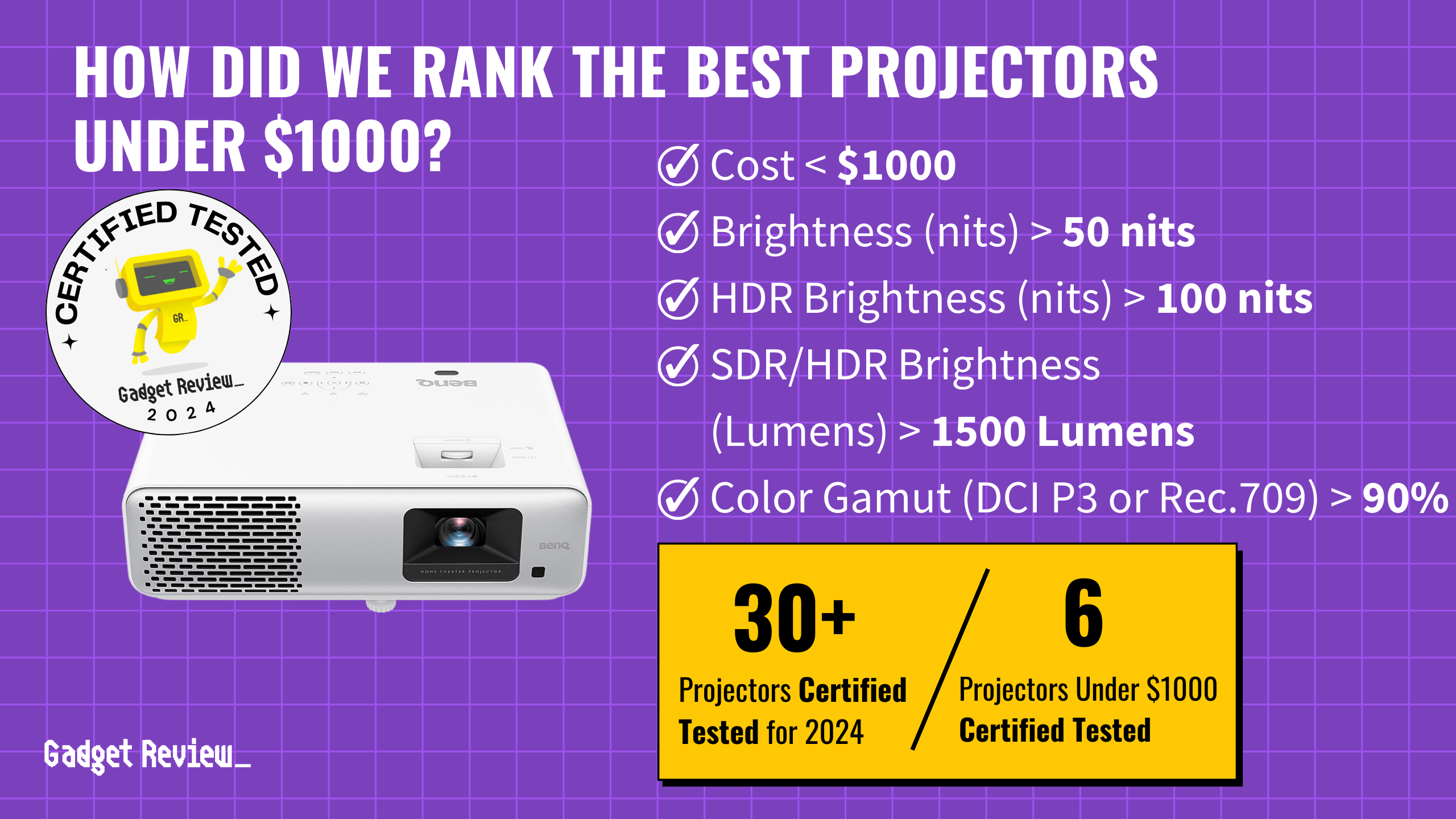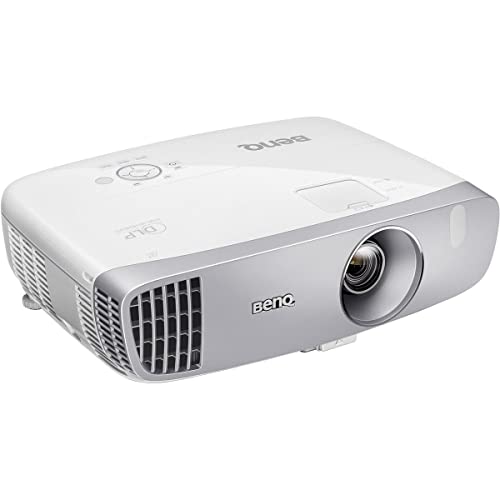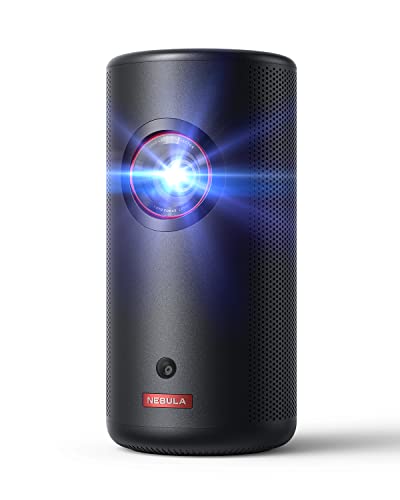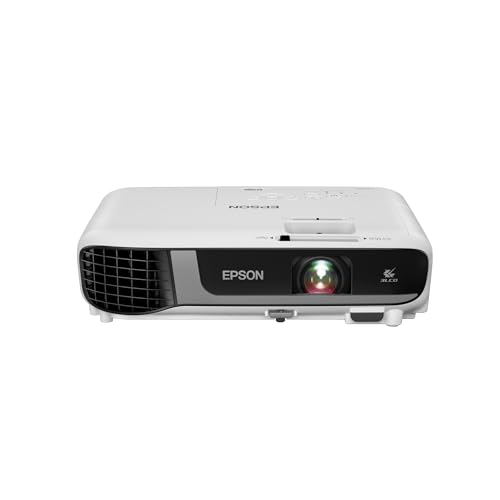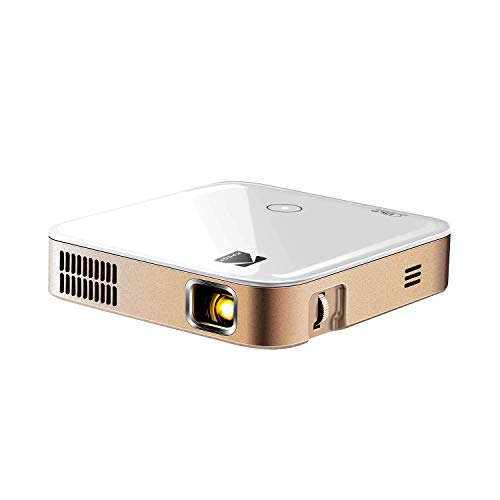Many gamers have to choose between a TV and video projector for gaming vs a home theater, causing some division over preferences. However, the best projectors for gaming should have enhanced brightness, refresh rate, and response time. Meanwhile, home theater projectors vs business projectors provide enhanced resolution for watching your favorite movies. You should consider a short-throw projector for both types of projectors. In addition, you may not want to use the built-in speakers since the audio on stationary or portable projectors is sometimes lacking. You may also want to consider whether you want a wireless projector vs. a wired projector.
Key Takeaways_
- Gamers should look for a great quiet projector with increased refresh rates and high contrast ratio to create a more immersive experience.
- Home theater projection technology typically includes higher resolution for increased picture quality. Projector screens also matter in terms of quality, especially the gain for a projector screen.
- Both home theater and gaming projectors require at least 2,000 ANSI lumens, though gaming projectors typically have higher brightnesses.
Gaming & Home Theater Projectors Compared
Gaming and home theater modern projectors are incredibly similar. Most projection brands do not offer a separate line-up for gaming, causing gamers to look closely at the specs to determine what projector they should purchase. This is true, especially if you’re comparing video projectors vs overhead projectors. Hint: go with the video projectors. Contrast ratio, color gamut, and refresh rate remain essential for an immersive gaming experience for many gamers. On the other hand, home theater projectors typically require higher resolution as more movies are released in 4K than in video games. Just as you would for a smartboard vs. an interactive projector, you may also want to consider the amount of ambient light in your room to determine the appropriate brightness.
insider tip
If you’re looking for a gaming projector, you want one with a high refresh rate, so you don’t miss any of the action.
Resolution
Both gaming and home theater projectors come in full HD, also referred to as 1080p. As with televisions, higher resolution often leads to increased image quality at the desired image size. However, a 1080p native resolution used on a larger image has lower pixel density and, in turn, picture quality than television with the same resolution.
warning
Many games are not available in 4K, so you may want to stick with a cheaper 1080p option, which still features full HD.
Some home theater projectors come with 4K resolution. Because of higher refresh rates, a video game projector loses the advantage in this category. Recently, some gaming models have been released with 4K resolution.
Brightness
As a player, you will want a brighter projector than is necessary for a home theater. Many video games have intrinsically dark details that can be hard to see if your screen isn’t bright enough. Because of this aspect, some people prefer gaming using a projector to see the details at the creator’s recommended brightness.
STAT: Superior video response and visual performance will submerge you, your friends, and your family in intense action and the exuberant world of movies, sports events, and (party) games. (source)
Gaming projectors emit 3,000 ANSI lumens of brightness, while home theaters can typically use 2,000 lumens of brightness instead because you can limit ambient light. However, when it comes to lamp life, you may not notice much of a difference.
Contrast Ratio
Like brightness, the contrast ratio directly influences how we view our games. It refers to the ratio between the brightest whites and darkest blacks. Although this aspect may seem unimportant, many video games feature black levels that can be hard to distinguish on a TV or projector without great contrast, especially open-world video games. A decent projector for a home theater should have a reasonable contrast ratio, but movies do not often require the level of detail that games do. Thus, gaming projectors have the advantage of contrast ratio.
Refresh Rate
Ideally, a gaming projector will include a high refresh rate, which measures how many times per second a new image can be drawn from a device measured in Hertz (Hz), which should be about a 120Hz refresh rate for gaming. As a result, you can expect lower input lag, meaning the input commands will happen faster on the screen. Gaming projectors feature a native refresh rate of 120 Hz on a full HD 1080p device. Additionally, some projectors have game-specific modes that reduce latency. If you are using your projector as a theater, you don’t need low latency.


